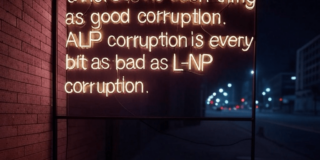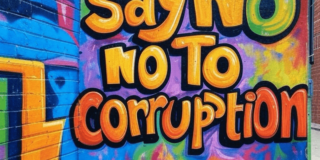
In the intricate fabric of our society, the declarations and actions of influential leaders hold significant sway over public sentiment. Whether they are politicians, corporate giants, or cultural figures, their words resonate deeply, especially when addressing issues of race and ethnicity. It is crucial to recognise that these statements do not exist in a vacuum; rather, they echo through communities, shaping perceptions and altering social interactions.
Recent events have shown that provocative or dismissive comments regarding race can trigger a chain reaction that exacerbates racial divides. Such remarks often legitimise discriminatory attitudes, fostering an environment where prejudice is not only tolerated but institutionalised. The impact of this rhetoric extends far beyond mere words, infiltrating the daily lives of individuals and communities, and perpetuating systemic inequality.
Consider the consequences of a leader’s remarks during pivotal social discussions. When they downplay racial injustices or perpetuate stereotypes, they can embolden those with similar beliefs, cultivating a climate of hostility and division. These statements possess the power to shift narratives, sway public opinion, and normalise discrimination within institutional frameworks. This is particularly concerning in critical areas such as education, law enforcement, and employment, where policies are shaped by the prevailing attitudes influenced by leadership discourse.
Furthermore, the ramifications of such rhetoric extend beyond public reaction. The terminology employed by leaders can permeate institutional structures, leading to policies that lack empathy and understanding for marginalised communities. For example, the promotion of a post-racial society myth can result in the dismantling of affirmative action initiatives or the rollback of civil rights protections, thereby deepening existing disparities. This creates a cycle in which discrimination becomes embedded in systems intended to foster equity and justice.
It is essential to understand that the impact of these statements is not fleeting; the ripple effects can have lasting consequences, influencing future generations. Young individuals, particularly from marginalised backgrounds, may internalise the negative messages propagated by influential figures, leading to diminished self-esteem and a sense of hopelessness. Conversely, those aligned with the dominant culture may feel their biases are validated, perpetuating a cycle of discrimination that becomes entrenched in societal norms.
As a society, we must hold our leaders accountable for their words and actions. Cultivating a culture of responsibility is imperative, where leaders are cognisant of the potential consequences of their remarks. Engaging in constructive dialogue, promoting inclusivity, and supporting policies that dismantle systemic racism are vital steps in countering the divisive rhetoric that may emerge from influential voices.
In conclusion, the remarks made by influential leaders wield the power to shape societal attitudes and institutional practices concerning race. When these statements foster division and discrimination, they can instigate a persistent cycle of inequality. As we navigate these challenges, let us strive for a society where leadership embodies empathy, understanding, and a steadfast commitment to justice for all. Such an approach is essential to healing the wounds of division and building a more equitable and inclusive future.


